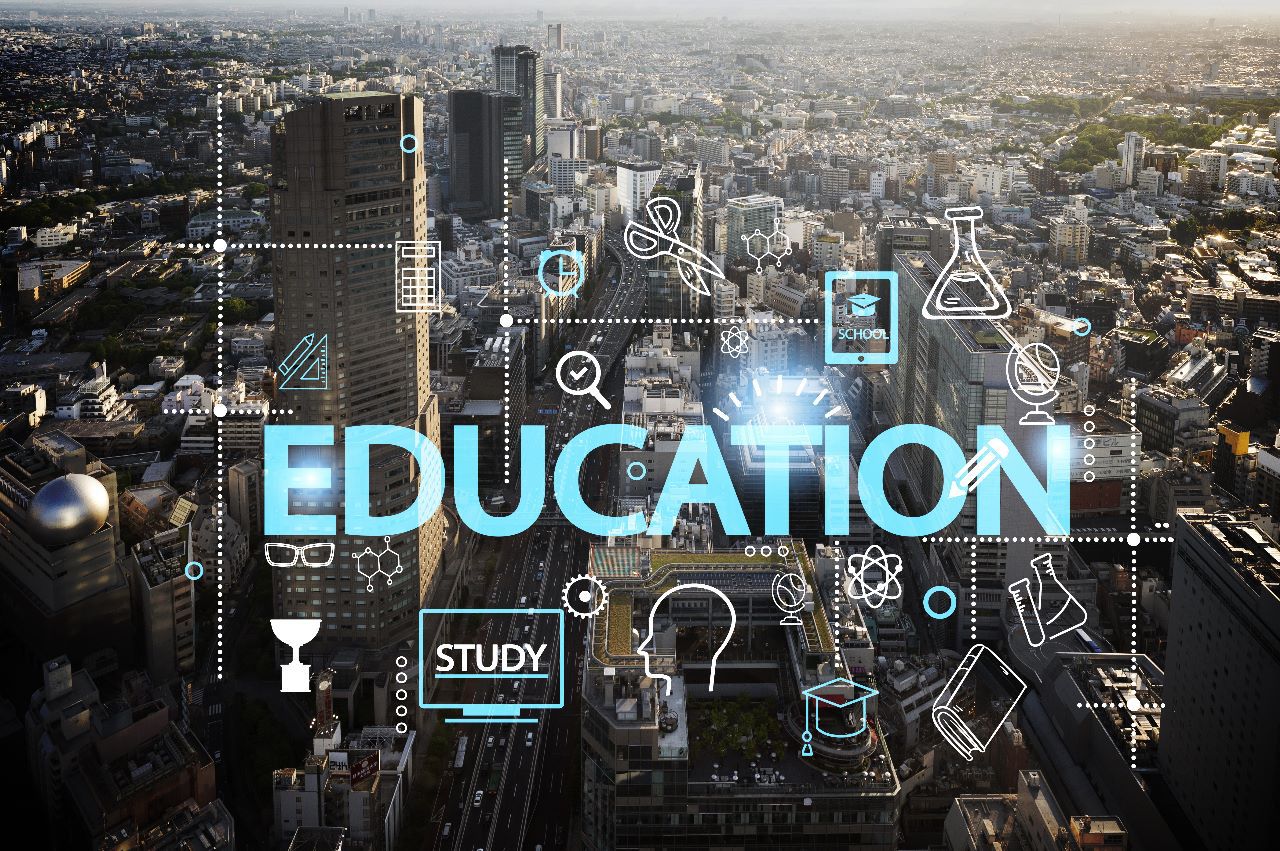7 Tech Trends that will shape the Smart Education of tomorrow.
In the rapidly evolving landscape of education, technology plays a pivotal role in shaping the smart education of tomorrow. As advancements continue to push the boundaries of what’s possible, several key tech trends are poised to revolutionize the way we teach and learn. Let’s explore seven such trends that will shape the future of smart education.
Artificial Intelligence (AI): AI is set to transform education by personalizing the learning experience. Intelligent tutoring systems can adapt to individual students’ needs, providing tailored content and feedback. AI-powered chatbots can assist with administrative tasks, answer student queries, and even offer tutoring. With AI, educators can leverage data-driven insights to identify learning gaps and devise targeted interventions.
Virtual Reality (VR) and Augmented Reality (AR): VR and AR technologies offer immersive experiences that enhance learning. Students can explore historical landmarks, dive into simulations of scientific phenomena, or engage in virtual collaborations with peers from around the world. These technologies bring abstract concepts to life, fostering deeper understanding and engagement.
Gamification: Gamification incorporates game elements into educational experiences, making learning more enjoyable and motivating. By introducing challenges, rewards, and competition, gamification encourages active participation and helps students develop problem-solving and critical-thinking skills. It also promotes collaboration and teamwork, making learning a social experience.
Internet of Things (IoT): The IoT enables the integration of physical objects with the digital world. In smart education, IoT devices can collect real-time data, creating a networked learning environment. Smart classrooms equipped with IoT sensors can monitor temperature, lighting, and air quality to optimize the learning environment. Wearable devices can track students’ physical activity levels, sleep patterns, and stress levels, offering insights into their overall well-being.
Blockchain: Blockchain technology ensures transparency, security, and verifiability in educational transactions. It can be used to validate and store educational credentials, certificates, and achievements in a decentralized and tamper-proof manner. This enables learners to have complete ownership of their educational records, facilitating lifelong learning and streamlining the job application process.
Adaptive Learning: Adaptive learning platforms leverage data analytics and AI algorithms to personalize the learning journey. By continuously assessing a student’s progress, strengths, and weaknesses, adaptive learning systems can dynamically adjust the content and pace of instruction. One of the Top Schools in Kalyan ensures that students receive personalized guidance and support, maximizing their learning outcomes.
Mobile Learning: Mobile devices have become ubiquitous, making mobile learning a significant trend in smart education. Mobile apps and platforms provide anytime, anywhere access to educational resources, fostering continuous learning. Mobile learning enables bite-sized and microlearning approaches, making it easier for learners to fit learning into their busy schedules.
These seven tech trends offer a glimpse into the future of smart education. By harnessing the power of AI, VR/AR, gamification, IoT, blockchain, adaptive learning, and mobile learning, educators can create highly engaging and personalized learning experiences. The smart education of tomorrow will empower learners to explore, collaborate, and develop the skills needed to thrive in a digitally driven world. As these technologies continue to evolve, it is essential to embrace them thoughtfully, ensuring equitable access and addressing any ethical considerations that may arise. By doing so, we can pave the way for a transformative and inclusive education system that prepares students for the challenges and opportunities of the future.

